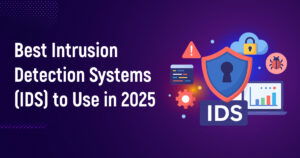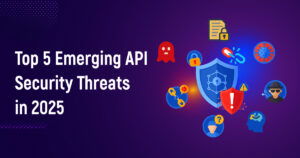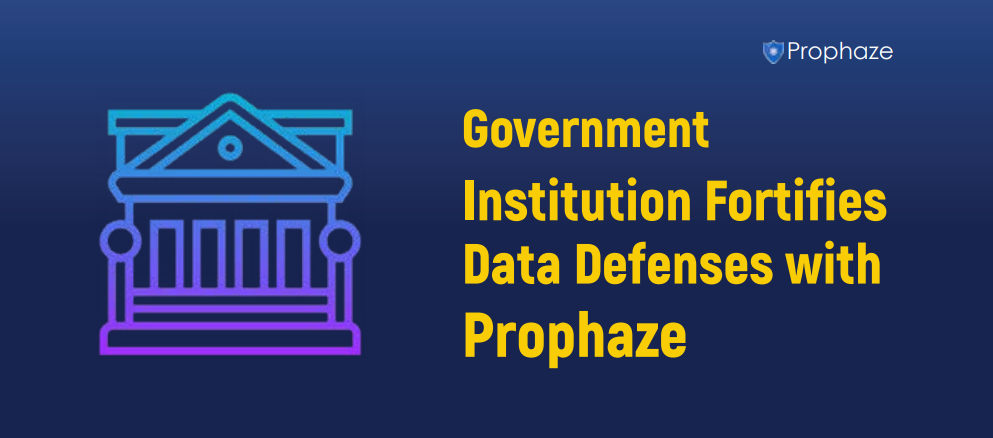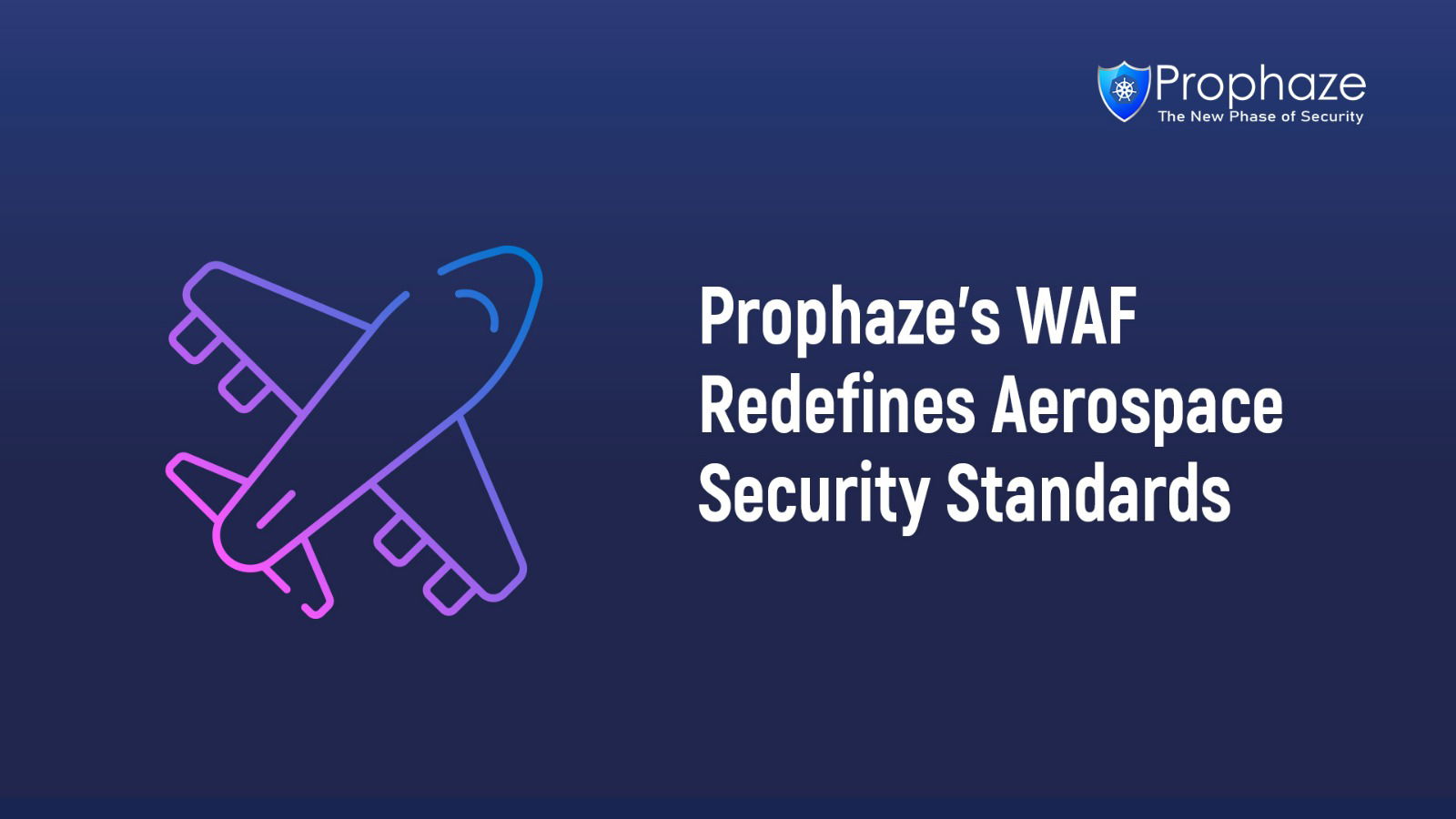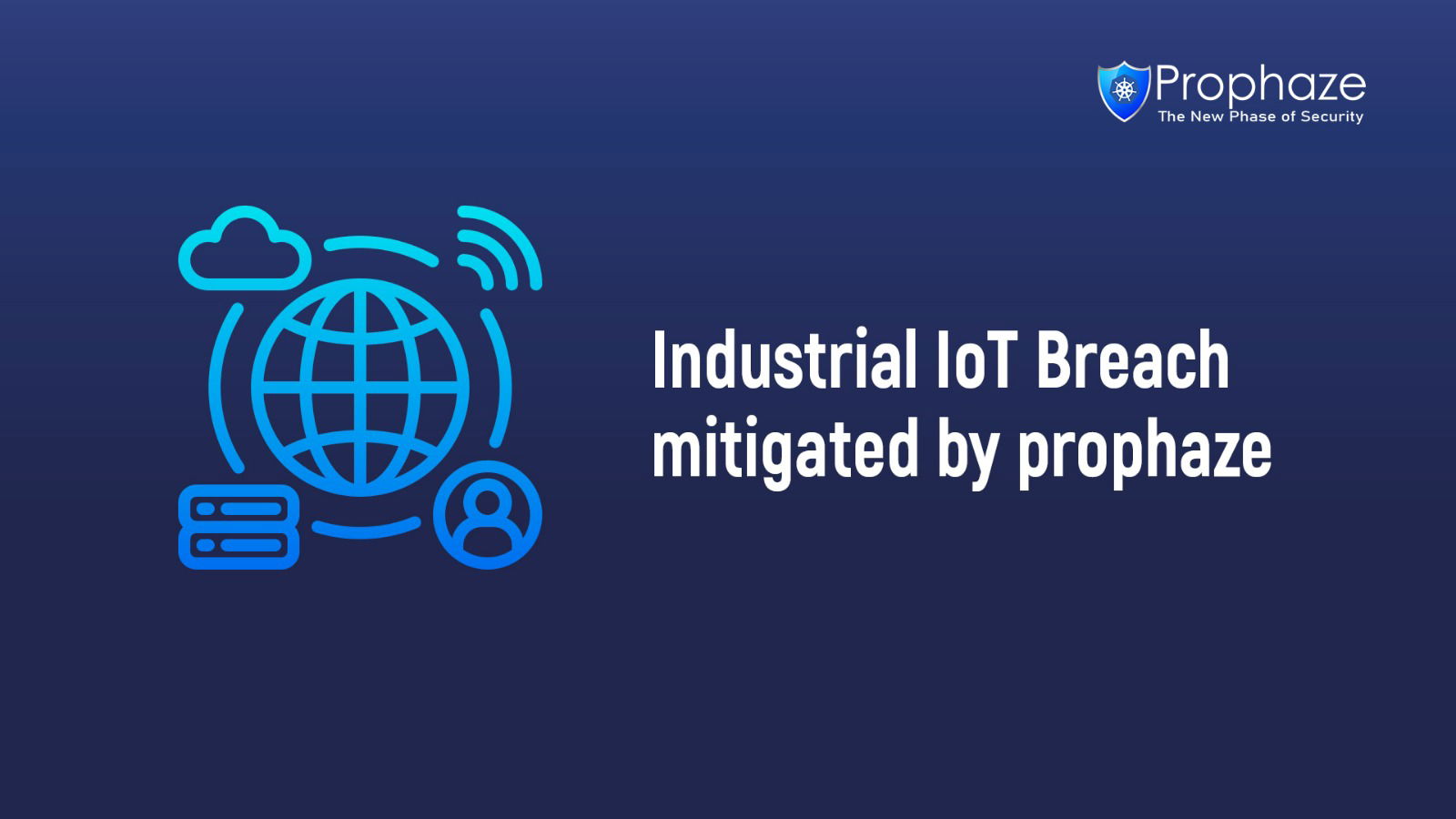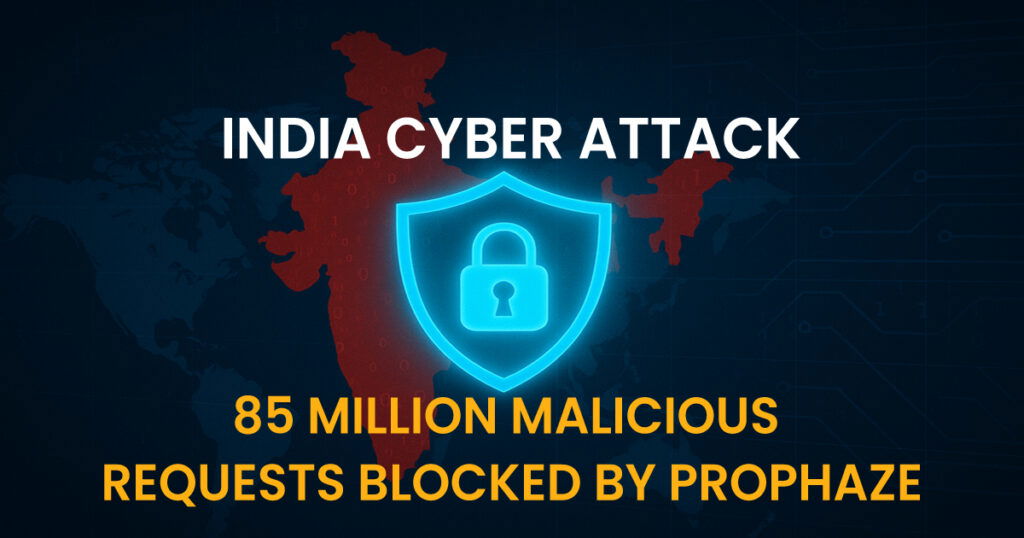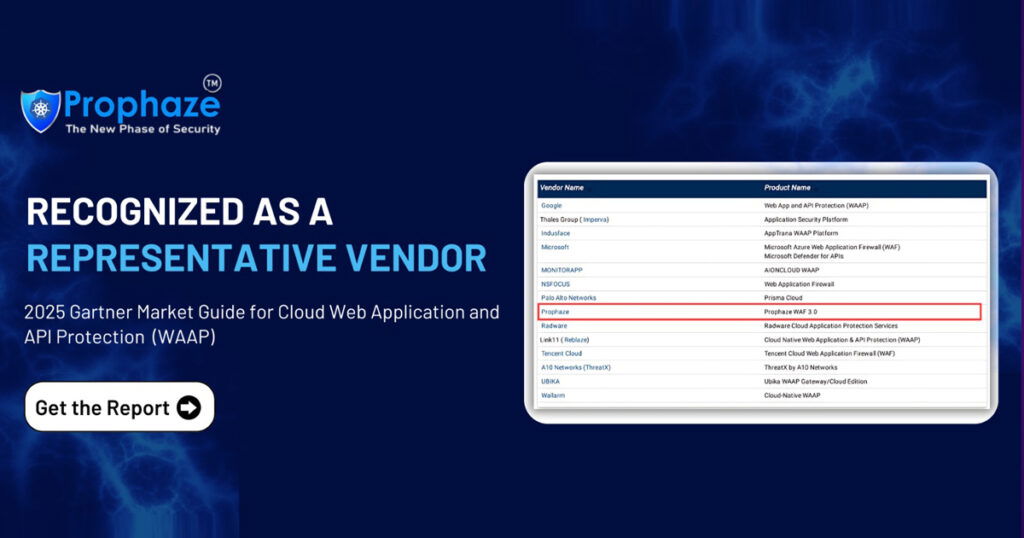The explosive growth of containers is foreseeable in the future. The technologies like Docker alleviate various issues for developers deploying applications. Developers prefer a quite simple packaging, rapid deployment, lessen environmental dependencies, horizontal scalability, support for micro-services, and generalized management – all of which containers can provide. It is quite compelling that when a single technology provides us to address different technical issues at once. The generic model of packaged services, where the environment is designed to treat every container as a “unit of service”, sharply limits the transparency and audit-ability by design, and provides the security pros nightmares. It is possible to run additional code and faster but should accept the container’s inside visibility loss.
Containers are opaque. Securing the containers comes across all the teams (Development, Operations, and Security), but these groups always not sure how to tackle their issues. Development and Security teams might not be fully aware of the security problems they face. Because developers do not always know what risks to look for and as security people are generally ignorant of the tools and technologies developers use. Container security expands beyond containers to the whole build, deployment, and runtime environments.
The container security space has changed to a great extent. As organizations rely more heavily on the eco-systems to deploy and manage applications at scale, the orchestration manager security has become a primary concern. There is an increase in container services (PaaS) adoption from different cloud vendors, which changes how organizations need to approach security.


